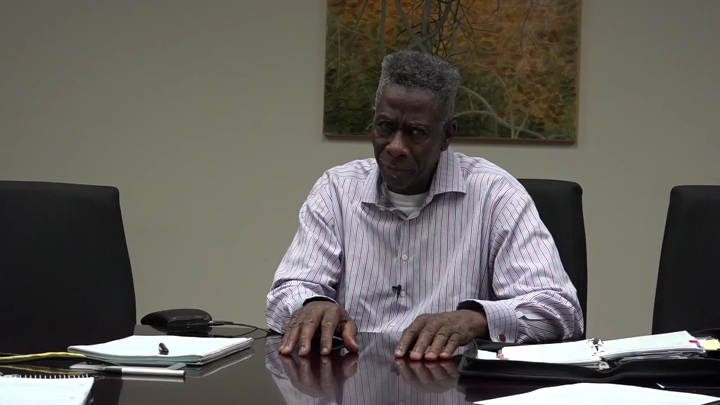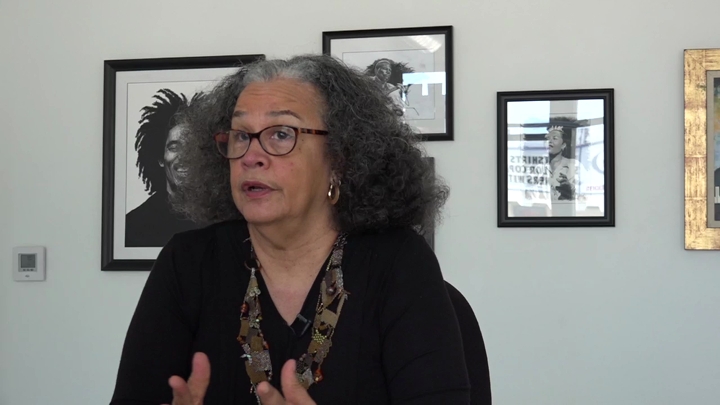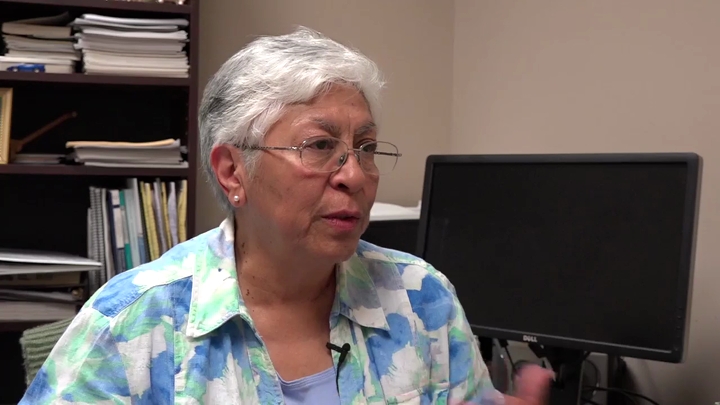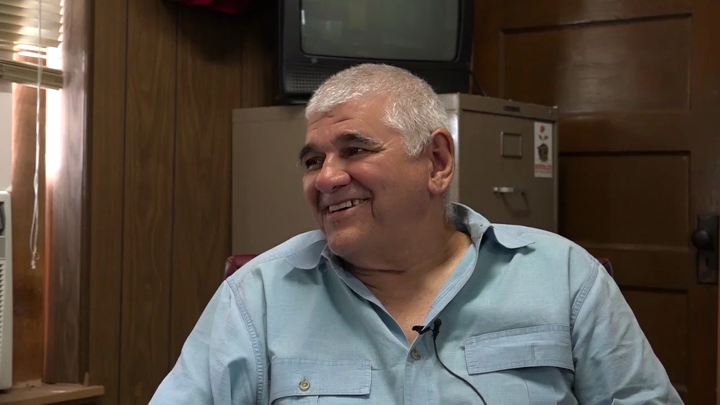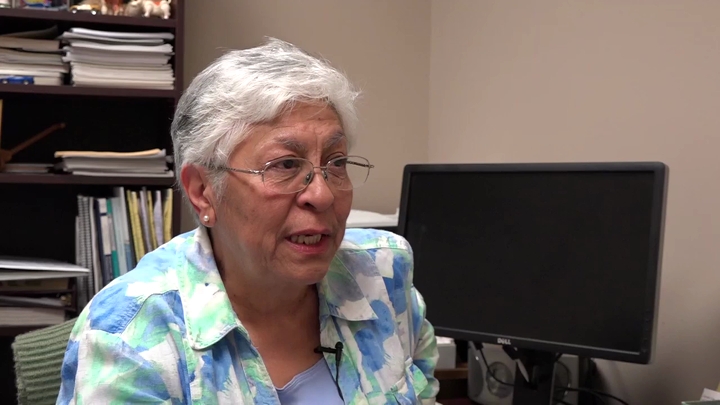Luthuli-Allen / Organizing in Higher Education
sign up or sign in to add/edit transcript
Lituli-Allen: I think that the pivotal turning point was probably the assassination of Dr. Martin Luther King in April of 1968. The gradualism, the innocence about the true nature of America and its relationship to its national minorities, folks began to rethink what that was all about. Not just national minorities of black people, but brown people, red people, Native Americans, etc. It so happened that when the black liberation struggle started, transitioned from Civil Rights to black liberation, all of the other social groups began to move, too. Women began to move. Environmental concerns began to move. The black liberation struggle merging with the fight against the war in Vietnam, once that took place it just caused all these other social movements. They were already germinating, but they began to just really blossom at that particular point. I think being in a cosmopolitan environment like Houston, Texas, we came into contact with a lot of other progressives. When I came back summer of 1966, to the University of Houston, I began to lobby for an organization that would bring black students or the negro at that time into the mainstream of campus. That was called the Committee on Better Race Relations, but COBRA made the transition a few years later after Dr. King was assassinated to become AABL which was African-Americans for Black Liberation. During the struggles that we had to bring these movements to fruition, we had to build coalitions and allies. So, we did a lot of work with international students. We started doing work with Hispanic and Chicano students. Interviewer: Like, MAYO? Lituli-Allen: Yeah, the Mexican American Youth Organization, yeah. Matter of fact, you mention MAYO, and I finally think about Eddie Canales, and, of course, Tacho Mendiola, and just a bunch of other Mexican American activists. Actually, I got involved with the United Farm Workers and the Grape Boycotts through Eddie Canales and the Mexican American Youth Organization. Interviewer: How so? How’d you become involved? Lituli-Allen: If I can remember correctly, we sprouted so quick at the University of Houston and the momentum began carry forward in such a way that we swept, the movement, swept a lot of non-black students into the movement. We had friends, for example the late congressman Mickey Leland, had a lot more Hispanic relationships that I did. I came in touch with the Hispanic relationships, a lot of them, through Mickey Leland. At that particular time, the University of Houston, facing the kind of turbulence that they were facing from these energetic student movements and a lot of the movements that we were associated with were multi-racial even though our core organization was black. I think it was 1967, because of psychological equality that we decided we were going to transition from being a multi-racial to an all-black organization, but we still kept our coalitions and alliances with other communities and other organizations.


